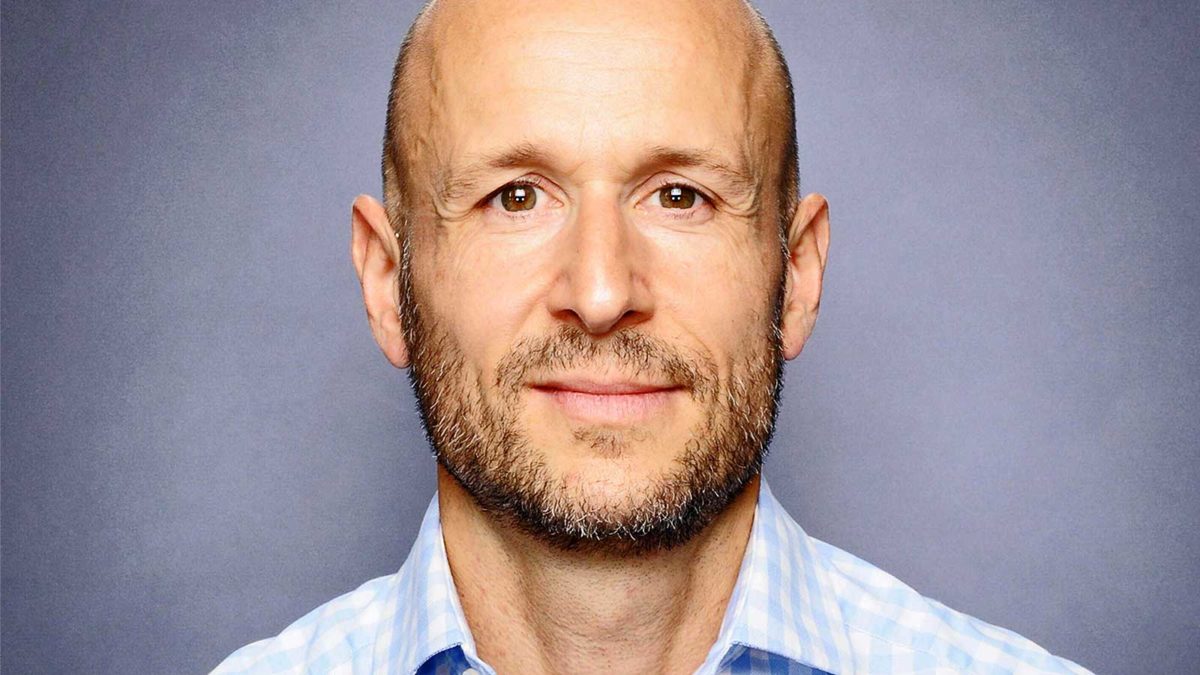Cheaters never prosper – but active managers do
When it comes to the question of who’s actually doing the research work, investors know the answer. And they don’t feel like sitting on the sidelines during a crisis.
Some trends you can see from space. Inflows into ESG equity funds on the Calastone network between January and November were US$30 billion – 60 per cent of all the cash going into equity funds of any kind; three times as much as in 2020, and 100 times as much as in 2019. Part of that reflects supply – more funds have been launched – but the rest is demand.
But occasionally a big trend contains a little bit of nuance; in this case, it’s that active investors have gained an upper hand in the war of fund flows. ESG standards are difficult to pin down, and there is a growing concern about potential mis-selling and greenwashing that could damage the reputation of an industry that is trying to establish itself as squeaky clean. When there’s the possibility for funds to cheat, it’s actually the much-maligned dearth of ESG data that will help active managers to win the race.
“Up until about mid-last year, traditional active equity funds had seen no net inflows for two years. All the money was going into passive funds. Then the ESG boom took off, and you can see all this new money going into ESG funds,” Baker told the Calastone Connect Forum on Thursday (December 2).
“The question is how fund managers are actually handling the ESG question. And all of them are sort of alive to the accusation of greenwashing that would undermine their efforts, and that sort of explains why active managers are winning the race. They’re having to do a lot of in-depth screening of their own of companies to make sure that companies are meeting the standards necessary to meet their fund’s objectives.”
And the ESG inflows are part of a wider trend back towards active managers. Passive or index-based strategies have enjoyed some pretty golden years in recent memory, courtesy of accommodative monetary policy post-GFC. It’s hard to turn your nose up at something offering you an average 10 per cent return – and easier when it stops.
“Even if we strip out the ESG element, active funds have enjoyed significantly increased inflows this year and that’s a rather unusual pattern after several years of index funds beating active funds in the race for new capital,” Baker said.
“I think this has to do with stock valuations; people have been more worried about the high level of markets this year, and that risk aversion question is coming into play. I think that people are concluding that tracking a benchmark is riskier than allocating cash to active fund managers. There’s not a wholesale switch taking place, but there is definite nuance, with people saying, “maybe I don’t want to have all my money in a passive fund that’s got an enormous weighting to a few US tech stocks”.”
And active funds trading volumes have also risen significantly. It turns out that investors don’t feel like sitting on the sidelines during events like the Covid-19 crash – or any other crash, for that matter. They want to be involved, whether the market’s a bull or a bear.
“You can see how much more actively traded active funds are compared to passive funds over the last two years,” Baker said. “What that says to me is that when people are buying passive index funds, they tend to be doing it through savings products – so they’ve got a regular hundred dollars a month going steadily into a few select index funds.”
“But when they want to play with their money a bit, or engage with market events or when there’s something happening in the world that they want to respond to with their money, then they turn to active funds, and they trade those much more actively.”











